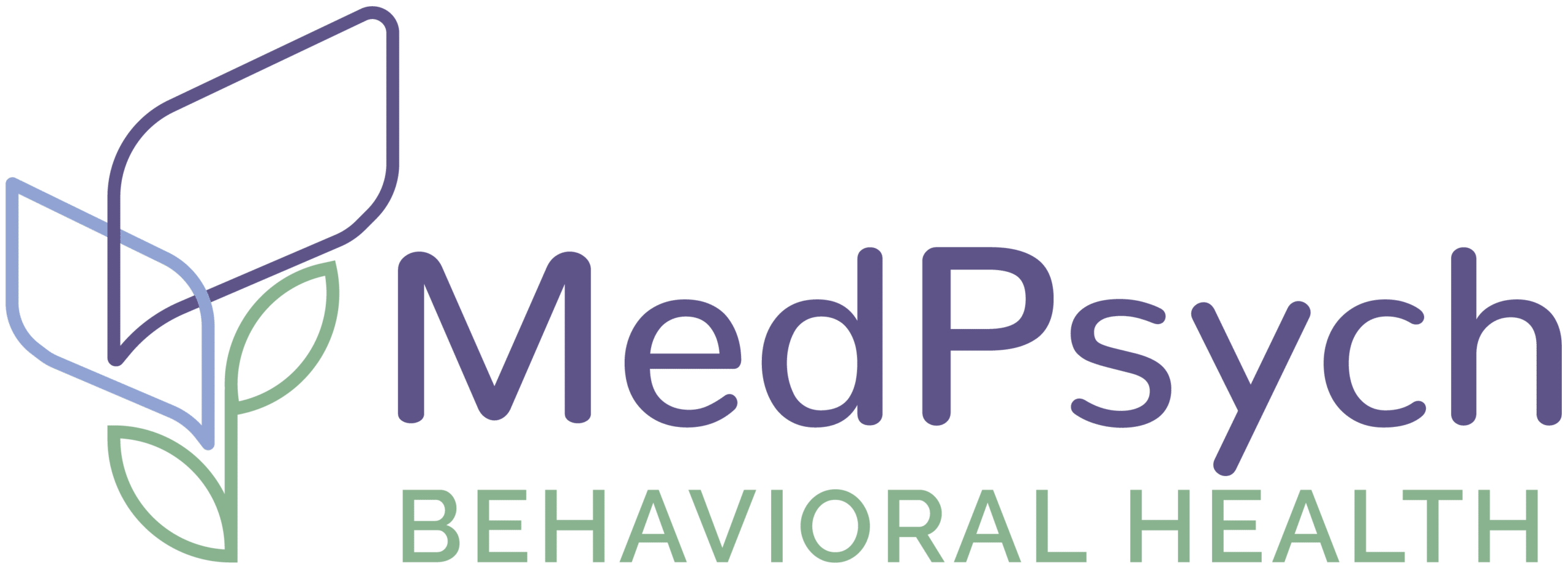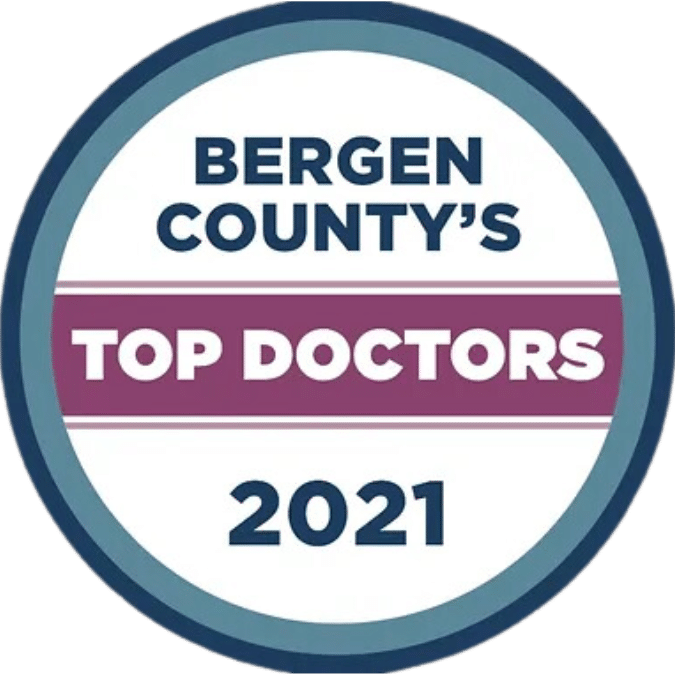By Mohab Hanna, MD, Child and Adolescent Psychiatrist
Dr. Mohab Hanna, a Board-Certified Child and Adolescent Psychiatrist with over 20 years of experience, offers insights into the often-overlooked aspects of psychiatric medication.
Psychiatric medications have become increasingly prevalent in treating mental health conditions in children and teenagers. However, there is growing concern about overprescribing these medications and the unrealistic expectations associated with them. As a child and adolescent psychiatrist with years of experience, I believe it is crucial to address these issues and provide a balanced perspective on using psychiatric medications.
The Rise of Overprescribing Psychiatric Medications
In recent years, there’s been a notable surge in psychiatric medication prescriptions for children and teenagers, especially in New Jersey. The urgency to alleviate symptoms often results in rushed prescribing decisions, influenced by time constraints, financial factors, and societal pressures.
While the intention behind these prescriptions is rooted in the desire to help children and teenagers improve their mental health, it’s crucial to understand that medications aren’t a one-size-fits-all solution. They’re designed to address specific biological and chemical imbalances. Not all mental health challenges can be resolved solely through medication alone.
The Complex Nature of Mental Health for Kids and Teens
Children and teenagers are complex individuals shaped by genetics, environment, and personal experiences. We must recognize the multifaceted nature of mental health and understand that medications cannot address all aspects of a person’s well-being. In the field of psychiatry, there is pressure to address symptoms quickly, leading to medication prescriptions without a thorough understanding of underlying issues.
We must also set realistic expectations about psychiatric medications; they aren’t “magic pills” that can fix all mental health problems. Instead, they should be part of a comprehensive treatment plan that includes therapy, lifestyle changes, and support from family and friends.
As a child and adolescent psychiatrist, I’ve witnessed the frustration of those expecting medications to solve all their problems. It’s essential to have open and honest discussions about medication limitations and stress the need for a holistic approach to mental health.
Understanding Psychiatric Medication Side Effects
Psychiatric medications, like any other medications, carry potential side effects. It’s imperative to be aware of these effects and carefully weigh the benefits against the risks before starting any medication. It is unfortunate that discussions regarding side effects are often overlooked or underplayed. These medications can have severe consequences, highlighting the need to thoroughly understand potential risks.
While I am not against using psychiatric medications in children and teenagers, I believe balancing the benefits and risks is important. Medications can be crucial in managing specific mental health conditions but shouldn’t be the sole approach.
Cultivating a Holistic Approach
To address these often-overlooked aspects of psychiatric medications, we must step back and examine the underlying issues influencing mental health challenges, including cultural, environmental, and parenting factors. As professionals, it is our responsibility to consider these factors and develop a comprehensive approach to mental health treatment. This approach includes exploring non-pharmacological interventions such as therapy, lifestyle adjustments, and support systems, alongside the appropriate use of medications when necessary.




